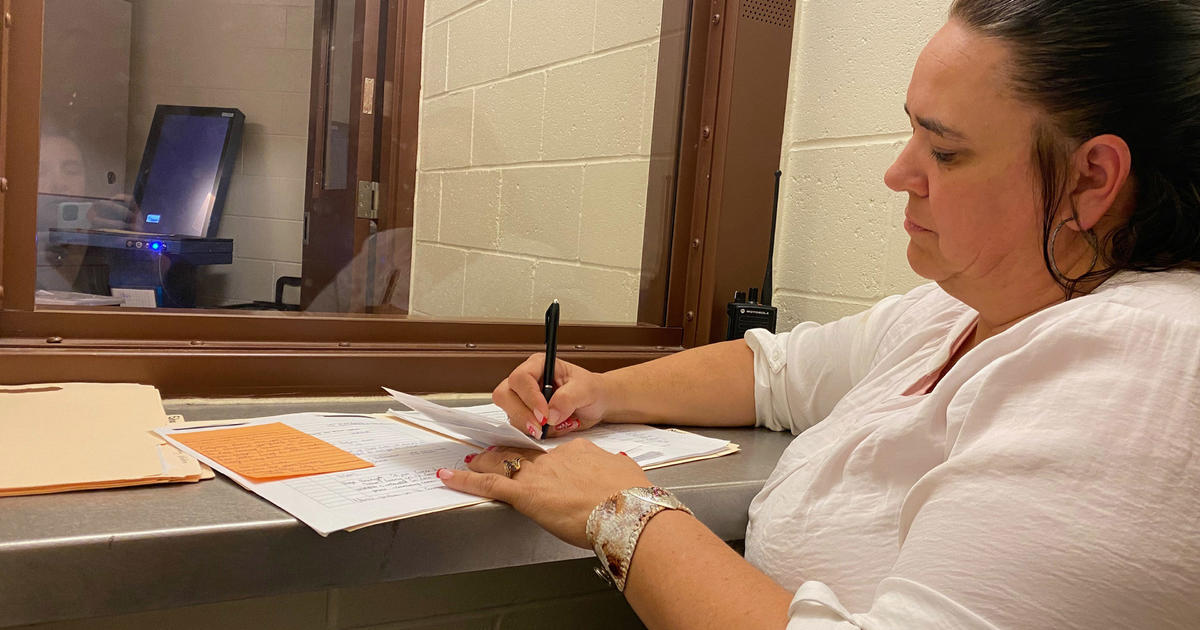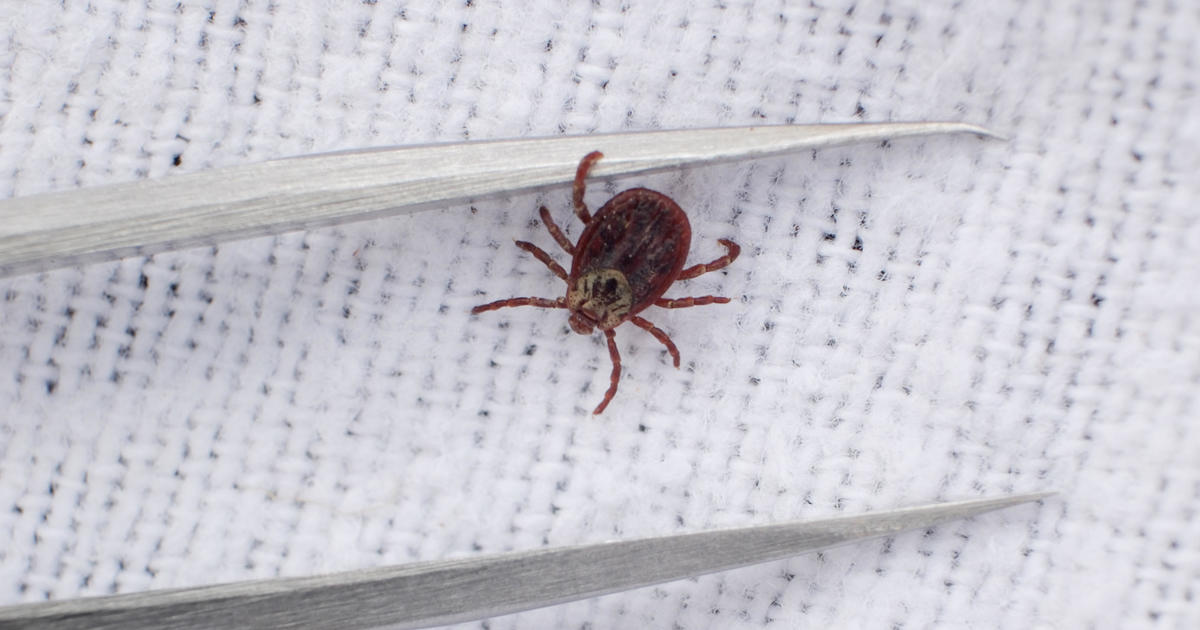Could a new drug help reverse heart disease?
For the first time, a new drug given along with a cholesterol-lowering statin has proved able to shrink plaque that is clogging arteries, potentially undoing some damage from heart disease.
The difference was very small but doctors hope longer treatment will show even better results. Any reversal or stabilization of disease would be a win for patients and a long-sought goal, say experts.
The drug, Amgen Inc.’s Repatha, also drove “bad” LDL cholesterol down to levels rarely, if ever, seen before. Cholesterol levels are measured in milligrams (mg) of cholesterol per deciliter (dL). Doctors typically recommend heart patients aim for 70 mg/dL, but some study participants achieved LDL cholesterol levels as low as 15 mg/dL.
“There doesn’t appear to be any level at which there is harm” from an LDL that is too low, and the lower patients went, the more their plaque shrank, said one study leader, Dr. Steven Nissen, chairman of the department of cardiovascular medicine at Cleveland Clinic’s Sydell and Arnold Miller Family Heart & Vascular Institute.
The results were published Tuesday by the Journal of the American Medical Association and discussed at an American Heart Association conference.
Statins such as Lipitor and Crestor curb cholesterol production. Repatha and a similar drug, Praluent, block PCSK9, a substance that interferes with the liver’s ability to remove cholesterol from the blood. Too much cholesterol, along with other substances, can build up and form plaque in arteries.
The new drugs have drawbacks, though. While statins are pills sold as generics for as little as a dime a day, the new medicines are expensive to make. Repatha costs $14,000 a year and insurers often won’t pay. It is given as a do-it-yourself shot using a pen-like device, to be taken every two weeks, or once a month.
In the study, about 900 heart disease patients were given a strong statin and monthly shots of either Repatha or a dummy solution. Ultrasound images were taken of an artery with plaque at the start of the trial and again 18 months later.
The average reading for bad cholesterol stayed around 93 mg/dL for people given only the statin, but levels dropped to 37 mg/dL for those who took both drugs. The amount of artery plaque stayed about the same for the statin-only group but shrank 1 percent in those on Repatha, too. Some people with more dramatic LDL declines saw plaque shrink by 2 percent.
“It’s small, but it probably took patients 60 years to accumulate that plaque,” so to see any change after just 18 months of treatment is good, said cholesterol expert Dr. Raul Santos of the University of Sao Paolo.
Dr. Vincent Bufalino, president of Advocate Medical Group, a large cardiology group in suburban Chicago, agreed.
“It sounds small but it’s a beginning” and still a win, he said.
Amgen sponsored the study, and Santos has consulted for the company. Nissen said his fees for doing the study were donated to charity.
The best test of the new drug’s value will be large studies which are underway now to see whether drops in cholesterol will lead to fewer heart attacks and deaths. Results are expected next year.



